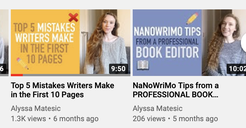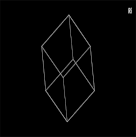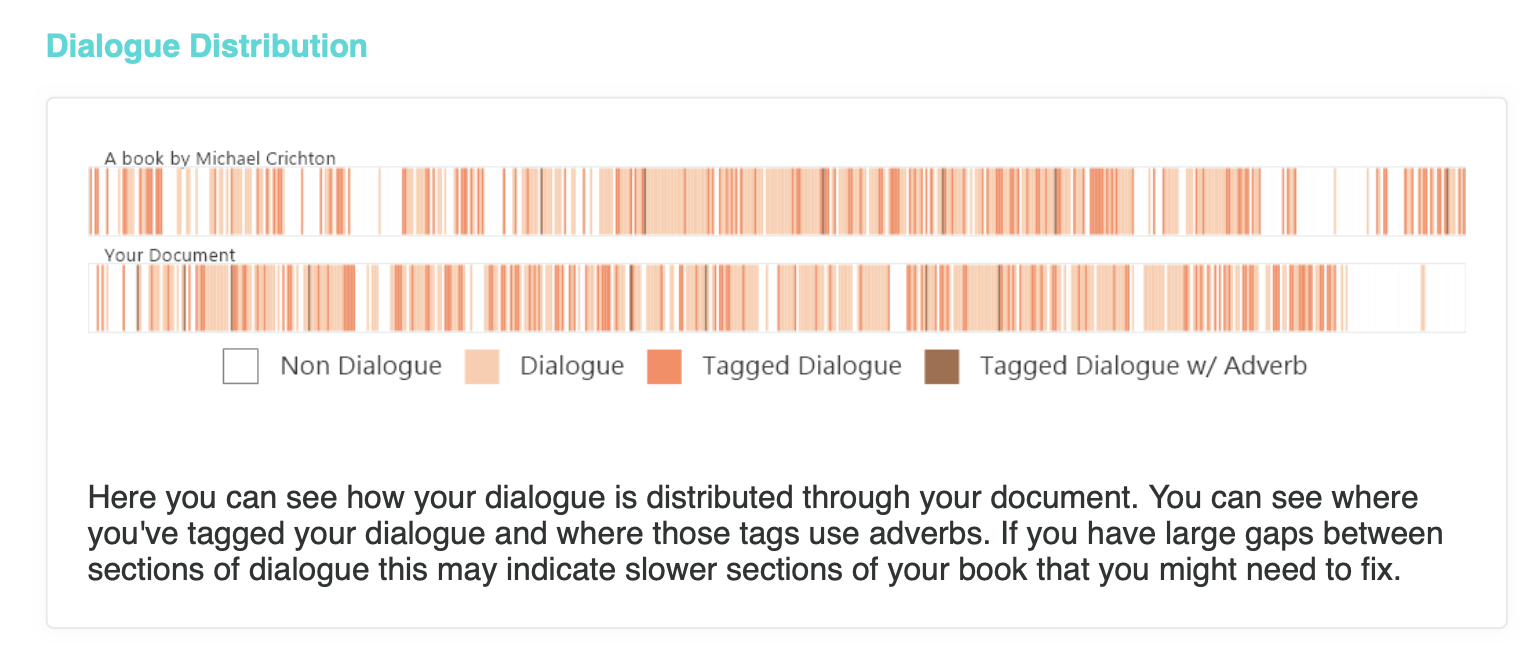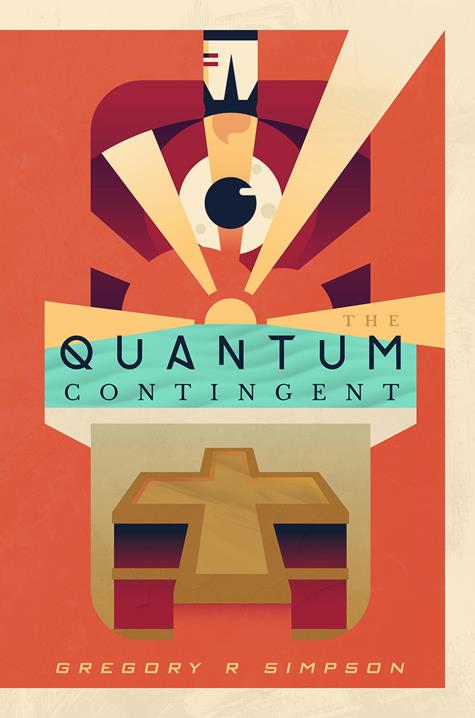 In today's world, the resources available at your fingertips are immense. Between Youtube, Google, and the millions of websites on the web, you can take up almost any hobby and engage with others who have blazed the trail before you. In this week's blog, I wanted to share some resources that I leveraged that the budding author in you might find handy as well. Video Learning
Websites and Tools
So, get out there and pursue your dream! Next week will be another "location" discussion and mystery picture. Greg
0 Comments
 You may have guessed with a title like The Quantum Contingent, that the book I'm writing would involve Quantum Computing. So, in this blog I’m going to try and provide a very simplistic explanation of Quantum computing and give you an idea of some of the things that could be disrupted with a break through in what is often a confusing field. So, here goes. In traditional computing, the base unit of work is done by a transistor. It’s either on or off, a 1 or a 0. You can represent anything with these 1’s and 0’s. For example, the word “hello” in binary is represented as: 01101000 01100101 01101100 01101100 01101111 I think you’ll agree that all the things we can do with computers today is amazing. This is especially true when you think of it as all being done with just 1’s and 0’s. The Quantum computer ups this game significantly. In quantum computing, instead of a transistor that is on or off, we are dealing with quantum mechanics and quantum bits or "qubits". In quantum mechanics, more than one state can be represented at a time. A qubit could even represent both a 1 and a 0 simultaneously. This is called superposition. Let’s consider the necker cube. You can interpret it as having either the lower left or upper right square as the front side. In addition to this multi-state phenomena, qubits can be “entangled.” If you know the state of one qubit and it is entangled with another, then you automatically know the state of the other one. Very useful in speeding up certain types of processing. Finally, quantum particles act like waves. The system is interconnected like waves in the ocean. The combination of superposition, entanglement, and the wave nature of quantum particles allows you to do certain types of calculations extremely quickly. Think of it as being able to do many different calculations simultaneously. For those that want a more in-depth, but still high level discussion of quantum, I’d recommend this excellent article by Chad Orzel. https://www.forbes.com/sites/chadorzel/2018/10/15/what-is-a-quantum-computer-the-30000-foot-overview/?sh=4c38480c67bf Now, let’s talk about the implications. One of the calculations that quantum can do very well is the factoring of large prime numbers. This is the foundation of many forms of encryption today. With traditional computing, the time required to factor very large numbers makes it essentially impossible to break today's strong encryption routines. A classical computer would take around 300 trillion years to break RSA-2048 encryption. A quantum computer with 4000-5000 stable qubits could break RSA-2048 encryption in about 10 seconds. This is why we need to be concerned about quantum computing becoming sufficiently developed, it breaks our current methods of encryption. This means that a person with a highly developed quantum computer could break into many of our systems today, It would enable decrypting passwords to access critical systems, or even decode encoded transmissions on a network or encrypted files on a device. As you can imagine, this makes for a very powerful plot device in a spy novel. Quantum computing doesn’t stop there. Its wave nature is also very good at modeling large systems. This could be financial modeling, or genetic modeling or other types of statistical modeling. For my master’s thesis, I built an expert system that used ray tracing to automatically design a complex lens. At the time (many years ago!) this was a very computationally expensive problem. Each ray of light needed to be individually traced. I used a Monte Carlo simulation to generate thousands of rays and determine the light pattern coming through the complex lens. If I had a quantum computer, the Monte Carlo simulation could look at many outputs and paths simultaneously. This can be applied to models that look at financials, genetics, or even general artificial intelligence. (yep, super intelligence!) Bottom line, quantum will revolutionize computing, simulations and break most of today’s commonly used encryption techniques. So, now you understand why the title of my novel is the Quantum Contingent. I’ll be taking several real technologies and extrapolating them out a few years and trying to tell an exciting, suspenseful spy novel. I hope you'll enjoy it! Next time I’ll share some resources for other budding authors out there. Talk soon, Greg One of the things that's good to do when you write a novel is to write what you know. I've been in technology for many years, and it is a passion of mine, so it made sense for me to incorporate technology into the novel. In my opinion, there is no better genre to incorporate technology than the spy novel. Q was the technology leader for MI-6 in the famous James Bond series and Q was also an omnipotent villain in Star Trek, The Next Generation. It only seemed natural that I'd opt for a techno-thriller with spies and even a bit of outer space thrown in. You may even find a Q character in my novel.
I've also been lucky to have seen a lot of the world over the years. I took the photo at the top of this blog at Ngorongoro Crater in Tanzania. Writing was easiest when I was talking about technology in settings I had experienced first hand. This is how I ended up with the technology and locations sections of the website. I was initially collecting the links to include in the back of the book, but it was unreasonable to assume anyone would type in some of the long links to different articles in the back of a novel. So, I wanted to collect them all in one place. I hope you'll find the links more interesting after you read the novel. I'll do a deep dive on the technology that is core to my novel, quantum computing, in my next blog post. For fun, I've included a photo I took that is described in the book below. Can you name where it is from, and what literary work it may have inspired? Talk soon, Greg Thank you for following along on my journey. As the old Chinese proverb says, "The journey is the reward." (also the title of a Steve Jobs biography)
I'll be posting weekly updates on the progress of my first novel, The Quantum Contingent, to this blog. Topics will range from resources to help you learn how to write a novel, to personal pictures and stories of locations in the book. (The website cover photo, on the River Reuss in Switzerland, the blog cover photo, Ngorongoro Crater and the 'About the Author' photo are all personal pictures I've taken and are all scenes in the book.) In addition, I'll include discussions on some of the many technologies in the book. (you can see a sampling of the technologies on the technology page) Please join me on the journey and comment below on any other topics you'd like me to include in my weekly blogs. With that intro, here is my first blog entry... it's all about getting started. The first thing you have to do in any major undertaking is to start. In addition, if you are like me and a first-time author, you have to open yourself up to learning. The good news is that there are many good online options for learning. I started with a Coursera class on Creative Writing, learning many basics in fiction like "show don't tell" and many other approaches from the people at Wesleyan University. Now, I've begun a 'Masterclass' by Dan Brown on writing a thriller. The Masterclass formula is designed for the modern learner; 10 minute video segments, available via a smart phone or Apple TV app, a well written workbook, and the ability to switch to a listen-only podcast mode. So, if you are interested in taking up any hobby, remember, there are lessons everywhere to help you progress. I've been to many websites, and have leveraged several books, including, On Writing, A Memoir of the Craft, by Stephen King. Gifted to me by my friends at Synchrony on my retirement. Certainly, as far as writing goes, the best advice is to read. It is impossible to be a writer if you aren't a reader. It humbles me every time I pick up a good book and read it through my new lens of 'writing,' realizing the amazing world talented authors create. So, I hope you'll follow along on this journey. As I said, it will be a variety, (fun personal photos and deep technical treats) so pick the parts you enjoy and read along. I'd love to hear from you in the comments below. Questions or simple motivations are welcome! Enjoy, Greg |
The BlogGreg's blog will cover some of the things he learned as well as some of the tech and locations he used in his new novel, The Quantum Contingent. Archives
November 2023
Categories |



 RSS Feed
RSS Feed